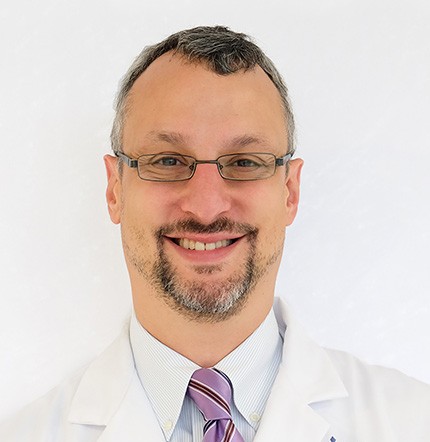Seed Grant Award: Seminars in African American History of Medicine
William Turner, Medicine

Casco Alston, Jr, MD is reported to be the first African-American physician to serve on the faculty of our Department of Medicine starting in 1951 and for the next thirty years. While his name is not well known in the medical school, university, or even the Department of Medicine, he was clearly a pioneer here. Dr. Alston served the patients of Columbia Presbyterian Hospital and Harlem well for decades with a particular interest on improving preventive health and mitigating racial health disparities in our community. Until our own reckoning with the Samuel Bard professorship, Dr. Alston was lost to history. Over this summer discussions with his family have revealed that he often suffered from racism and a hostile work environment from his own colleagues.
As we look back at our own institution’s checkered past with race and hiring and promoting processes, we could learn much from and honor the memory of Dr. Alston’s experiences and use them as a spring board to better understand the history of the unique role of the African American physician and African American health care delivery.
To that end the history of racism in medicine is simply not taught in medical school. Few physicians are exposed to the history that has affected African-American health from the Middle Passage to the perpetuation of racial inferiority mythology and stereotypes in medical school for centuries, to unethical experimentation nor has the canon been well exposed to the pioneers and heroes of African-Americans in medicine.
I proposed that we establish a new seminar series at the medical school dedicated to better understanding and teaching the history of African Americans in medicine and how systemic racism since 1619 has affected the health care delivery of African Americans.
For the first year, the seed grant supported expert contributions from those engaged in African American history who studies health care and disparities. This endeavor could be quickly ramped up in the future to include all schools and afford the Department of Medicine (and departments at VP&S) an unprecedented opportunity to collaborate with the School of Public Health and, most excitingly, our new Department of African American and African Diaspora Studies.
This project was funded through the Addressing Racism: A Call to Action for Higher Education initiative of the Office of the Vice Provost for Faculty Advancement.